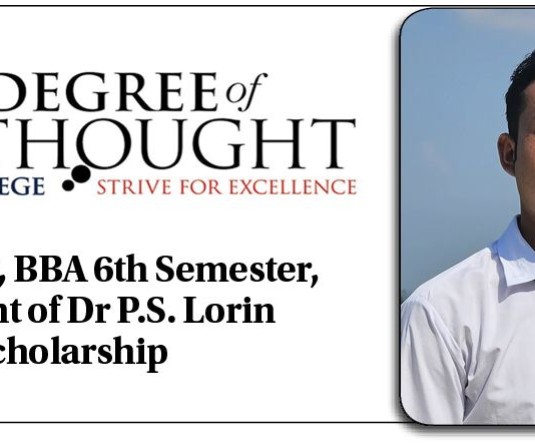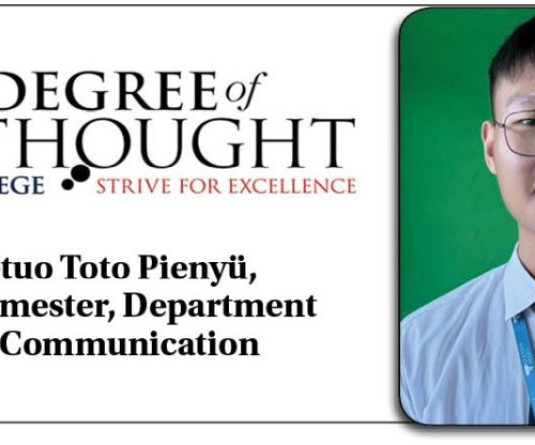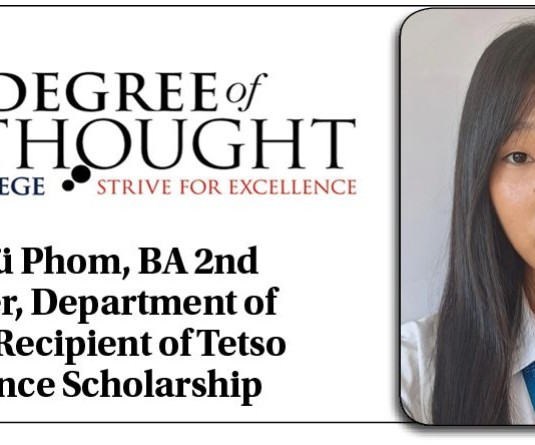
The average daily social media usage in 2019 and 2020, according to the Statista, was 135 minutes.
Facebook, YouTube, WhatsApp, and Instagram are the most popular social networks, and in 2021, the most active monthly users Facebook had 2.89 billion users, YouTube had 2.29 billion users, WhatsApp had over 2 billion users, and Instagram had 1.93 billion users. The number of social media users is growing incredibly each hour, and 87% of 12- to 15-year-old used social media platforms in 2021.
As mentioned above, social media can be a place that leads to both positive and negative outcomes, and some of the positive impacts of social media include the following: Social media has empowered teachers and students. Teachers can collaborate and exchange views with one another. Students have easy access to a variety of study materials, worldviews on various topics, and assignments. Secondly, in today’s world, we rely a great deal on social media for modern-day affairs and news. Most breaking information nowadays spreads faster on the Internet, informing and empowering people. Because the Internet spreads faster, it raises awareness among hundreds of thousands of people. Thirdly, it allows us to talk with friends and stay connected, and online communication builds and fortifies relationships for social advantage. Fourth, social media is an excellent platform for professionals to connect with other professionals and find job and business opportunities through advertising, networking, and marketing. It connects job seekers and recruiters collectively via LinkedIn, Facebook, Twitter, etc. And lastly, we can find communities with the same interests and values. Many youth these days aspire to be "startup entrepreneurs", where networking plays an important role, and through social media, many aspiring entrepreneurs build those connections and relationships.
Some of the negative effects of social media include trolling on message boards and chat rooms, uploading obscene images, spreading rumors online, and other forms of cyberbullying, which are becoming more common. Social media may be used to propagate hatred and tarnish the reputations of organisations and individuals, which is unethical. Another harmful impact of social media is dependency, which can contribute to unhealthy sleeping patterns, mental pressure, squandered time, and other health issues.
There have also been reports of people quitting their professions or being unproductive at work, which causes a range of social problems and hinders the development of youth. Children and even teenagers who stay at home and spend time on the Internet instead of going out to play with other children deplete their mental fitness. When using social media networks, privacy is also an issue since consumers' private information is not always secure. The failure of social media platforms such as Facebook, which resulted in a significant breach of its 419 million subscribers' privacy, illustrates this. Because of privacy concerns, authorities in India have banned apps like Tiktok. Lastly, the casual relationships shaped on social media might also seem real; however, the significant relationships are nurtured and fostered in the real world. In truth, these types of relationships formed on social media build isolation and despair. The results it brings to offline relationships aren't always healthy.
In a nutshell, social media has become an integral part of our daily lives. We must learn to spend our time productively rather than wasting it. Being on social media isn't always a choice these days, and we must learn how to make the most of it. Oberlo predicts that social media will have 3.96 billion users globally in 2022, 1.1 billion more than in 2017. As a result of the foregoing, it is possible to conclude that the benefits of social media well exceed the drawbacks. Seminars, audio-visual technology, group discussions, and online reading resources all play an important part in forming our development, especially for children and youth.
The Degree of Thought Column is a weekly community column initiated by Tetso College in partnership with The Morung Express. The column explored contemporary social, cultural, political, and educational issues and challenges around us. However, the views expressed here do not reflect the opinion of the institution. Tetso College is a NAAC-accredited, UCG-recognized Commerce and Arts college. Currently, the Degree of Thought Column is managed by the department of Mass Communication, and the editorial team are Dr Jenny Lalmuanpuii, KC Gabriela and Rinsit Sareo. For feedback or comments, please email: dot@tetsocollege.org.






